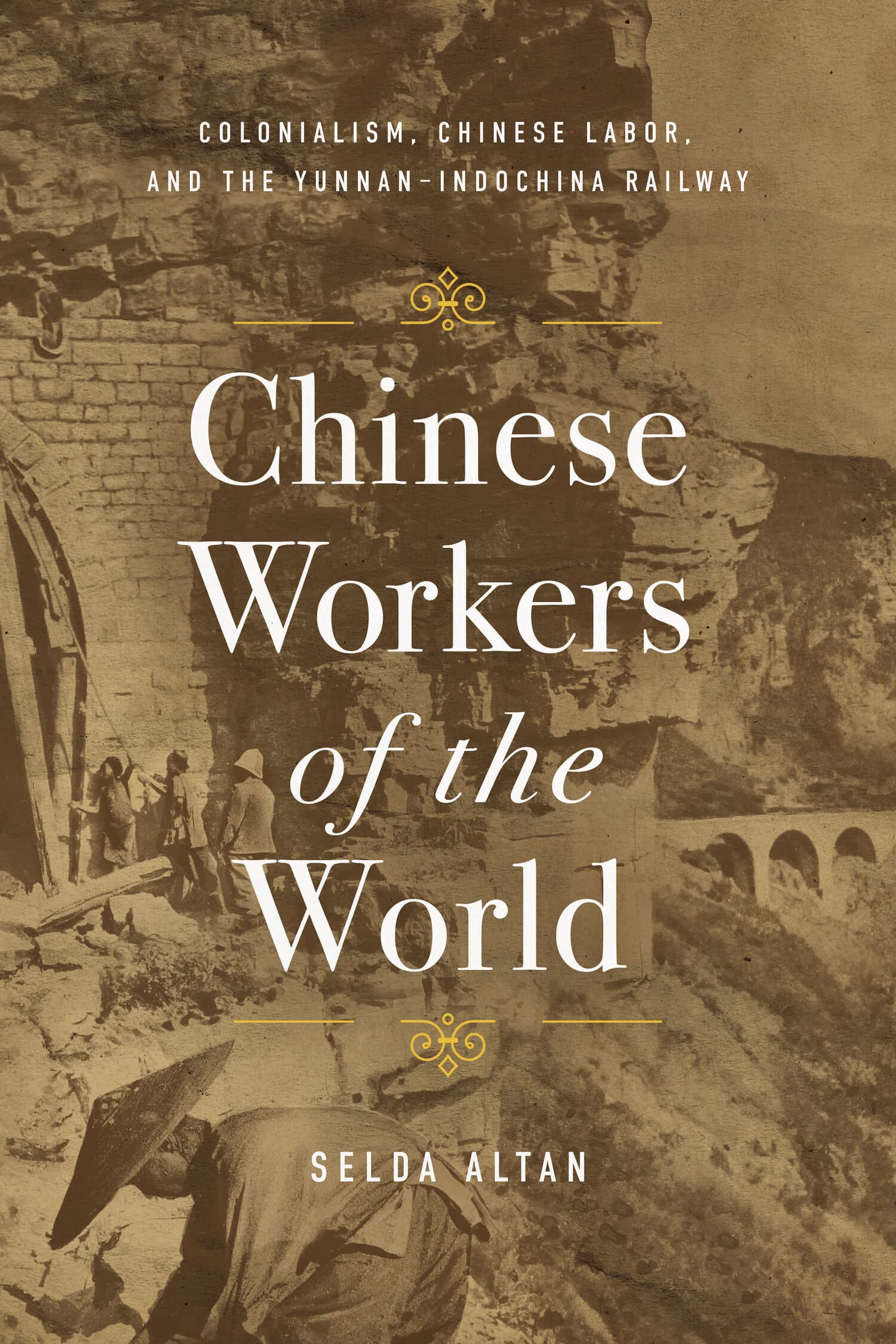Chinese Labor in a Korean Factory

Chinese Labor in a Korean Factorydraws on fieldwork in a multinational corporation (MNC) in Qingdao, China, and delves deep into the power dynamics at play between Korean management, Chinese migrant workers, local-level Chinese government officials, and Chinese local gangs. Anthropologist Jaesok Kim examines how governments, to attract MNCs, relinquish parts of their legal rights over these entities, while MNCs also give up portions of their rights as proxies of global capitalism by complying with local government guidelines to ensure infrastructure and cheap labor. This ethnography demonstrates how a particular MNC struggled with the pressure to be increasingly profitable while negotiating the clash of Korean and Chinese cultures, traditions, and classes on the factory floor of a garment corporation.
Chinese Labor in a Korean Factory pays particular attention to common features of post-socialist countries. By analyzing the contentious collaboration between foreign management, factory workers, government officials, and gangs, this study contributes not only to the research on the politics of resistance but also to how global and local forces interact in concrete and surprising ways.
"Kim's contribution lies not only in his detailed and thorough description of the ways in which the factory management controls labor, but also in his sophisticated treatment of the concept of factory regime as an evolving construct . . . In chronicling the evolution of the factory's regime of labor management, Kim makes an important contribution to our understanding of the broader processes of localization and globalization of capitalist practices . . . It should be of interest not only to students and scholars of China, but also to those of labor, industry, and global capitalism."—Jianhua Zhao, Journal of Anthropological Research
"A pleasing study of how cultural assumptions influence the organization of work in a Chinese factory. The research is solid, insightful and memorable."—William Jankowiak, University of Nevada, Las Vegas
"This illuminating book, an ethnographic study of a Korean garment factory in North China, is an excellent example of a locally embedded globalization case, in which the author studies global production, the Chinese state and cultural negotiations of nationhood, ethnicity, culture and identity of the workers at the workplace."—Pun Ngai, author of Made in China: Factory Women Workers in a Global Workplace




